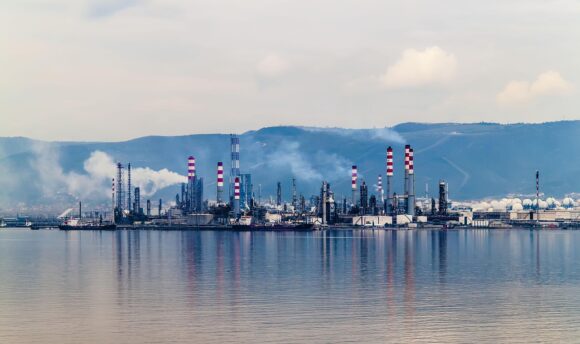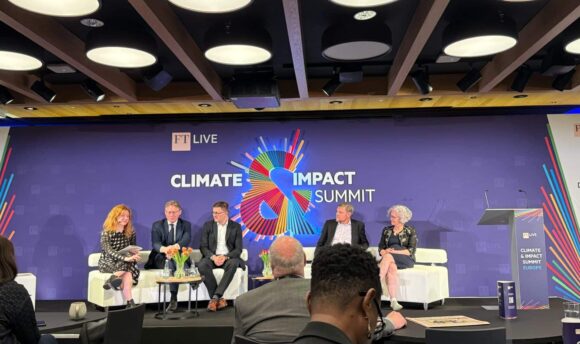In a welcome reversal of long-held positions, the International Energy Agency (IEA) concluded that “there is no need for investment in new fossil fuel supply” in a Net-Zero pathway to 2050. This conclusion confirms that governments, investors, banks and insurance companies no longer have any justification for supporting new oil, gas or coal projects.
Founded by OECD countries in response to the oil crisis of the 1970s, the IEA has long boosted the development of fossil fuels and minimised the potential of renewable energy technologies. The new position, which the IEA developed as a roadmap for the energy sector to net zero by 2050, marks a massive breakthrough.
The new IEA report finds that reducing global carbon emissions to net zero by 2050 calls for “nothing less than a complete transformation of how we produce, transport and consume energy”. This transformation requires a massive effort to scale up public and private investments in energy efficiency and renewable energy infrastructure. It will create 30 million jobs and result in at least 2 million fewer premature deaths per year from air pollution.
Even if it continues to underestimate the potential of wind and solar power and talks up unproven carbon capture and storage technologies, the IEA finds that “net zero means a huge decline in the use of fossil fuels”. According to its roadmap, the demand for coal, oil and gas will fall by 90%, 75% and 55% by 2050 respectively, compared with 2020 levels. And so the IEA reaches its stunning conclusion: “Beyond projects already committed as of 2021, there are no new oil and gas fields approved for development in our pathway, and no new coal mines or mine extensions are required.”
From the perspective of the Insure Our Future campaign, the IEA’s turn-around is welcome and hugely important. It shows clearly that the reduction in the extraction and consumption of coal, oil and gas needs to start today. It also makes it clear that gas, in particular, is not a bridge fuel to a renewable future and has no space in the EU Sustainable Finance Taxonomy and similar frameworks.
Insurance companies, such as Allianz, AXA, Munich Re and Zurich, have all committed to a Net-Zero pathway to 2050. Yet all four companies are also leading insurers of the oil and gas industry, with Zurich and Allianz controlling 10.8% and 8.9% of the global oil and gas insurance market, respectively, according to a new report by Orbis Research.
As Kelly Trout of Oil Change International has commented, financial institutions “can no longer use the IEA as a shield to claim that their support for fossil fuel expansion is consistent with the Paris Agreement”.
The members of the Net Zero Insurance Alliance must adopt policies that rule out cover for new oil and gas projects in the upstream, midstream and downstream sectors before the Glasgow COP for their commitments to remain credible. And global laggards like AIG, Lloyd’s of London and Tokio Marine, which are still insuring new coal projects, must end their support for the expansion of the fossil fuel economy without further delay.



